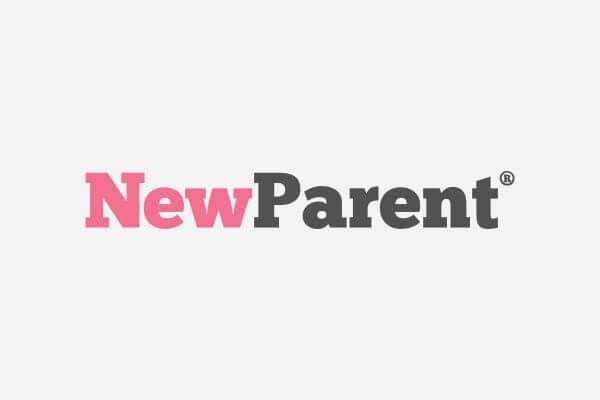By Nicole Pelletiere
You’re probably already sifting through Yelp reviews and chatting with staff in person to make sure you pick the best daycare option for your baby. But there might be more to your childcare search than sweet teachers and a clean, safe campus.
Many parents don’t know as much about their child’s daycare as they should, reports a recent Concordia University study. Researchers interviewed more than 260 parents, and found that most moms and dads choose daycares based primarily on convenience factors, like being close to home or having a good reputation.
What they didn’t consider—but should: Whether the environment will help your child grow and develop, says lead study author Nina Howe, Ph.D., an education professor at Concordia University. “You should have confidence that your child is obtaining a fulfilling experience. To do that, you should be asking questions,” she says.
The purpose of the study was to uncover what parents really know about their children’s learning establishment. “We were interested in what parents are looking for when choosing a daycare, as well as how much they really know about the facility and about the employees” Howe explains. “It was found that parents selected childcare primarily based on convenience such as being close to home or reputation, rather than what the programs had to offer.”
In addition to a great reputation or referrals from friends, there is much more that parents should be looking at. Here are Dr. Howe’s suggestions for asking questions about your child’s daycare or learning facility.
What activities are available?
Many children spend up to ten hours a day at their daycare, so it’s essential they be exposed to a range of development-enhancing activities (instead of, say, being plopped in front of the TV). A good daycare center should offer a balance of quiet, independent playtime (like puzzles or art projects) plus activities to boost gross motor skills (like playground time or riding a tricycle).
What’s in the curriculum?
Find out about the center’s philosophy is and why certain activities are included in the program. (For instance, is there a purpose behind finger puppets and kitchen play?) A meaningful curriculum will focus on experiences that enhance your child’s development in a variety of ways—including social and emotional, cognitive, physical, cultural, plus language and literacy.
What’s the teacher’s background?
Believe it or not, less than half of the parents in the Concordia study knew the answer. Faculty with at least 2 to 3 years of early childhood education experience will have a better understanding of your child’s needs and development; faculty in Head Start programs are required to at least be working towards an associate’s degree in early childhood education or child development.
Depending where you live, some schools might require additional certifications. Learn about your state’s requirements at childcareaware.org.
Here’s what you should be considering when choosing childcare, plus important questions to ask the center’s director.
